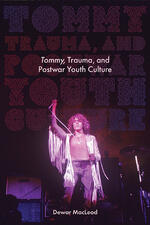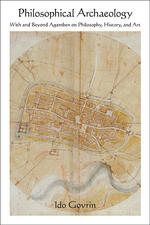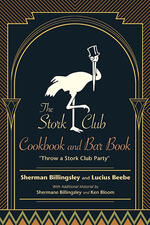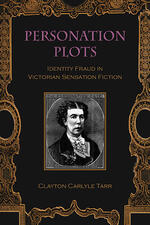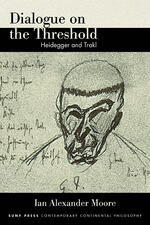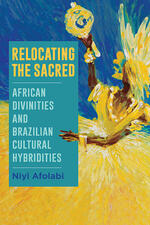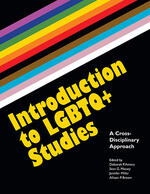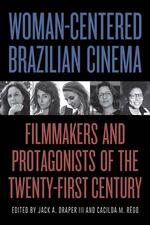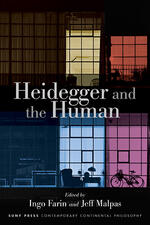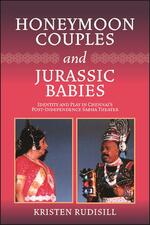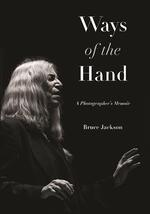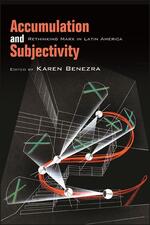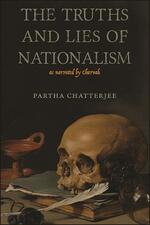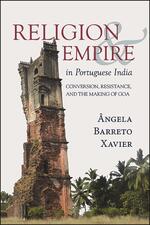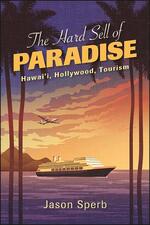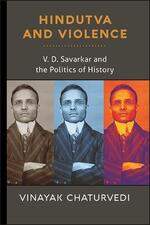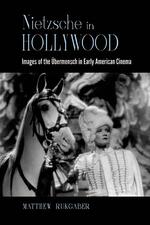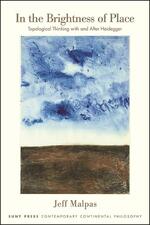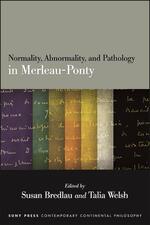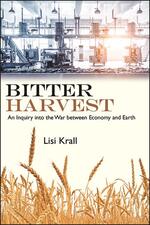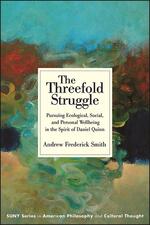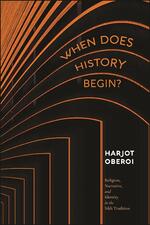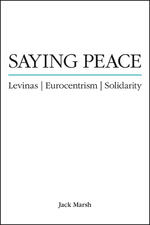Cultural Studies
Tommy, Trauma, and Postwar Youth Culture
The cultural history of one of rock's greatest masterpieces told through the eyes of its creator.
Philosophical Archaeology
Explores the potential for a novel philosophy of history to be uncovered by tracing the connections between Giorgio Agamben's work (theoretical practice) and contemporary art (artistic practice).
The Stork Club Cookbook and Bar Book
Relive the glory days of New York's poshest night spot with recipes and drinks you can prepare at your own home!
Personation Plots
Examines the fascination with identity fraud in sensation fiction and Victorian culture more broadly.
Dialogue on the Threshold
A reconstruction and critical interpretation of Heidegger's remarkable relationship to the poet Georg Trakl.
Relocating the Sacred
Maps manifestations of the sacred and religious syncretism in Afro-Brazilian cultural forms.
Introduction to LGBTQ+ Studies
This textbook offers accessible, academically sound information on a wide range of LGBTQ+ topics. The 12 chapters cover LGBTQ+ history, culture, and Queer Theory, but also explore LGBTQ+ relationships, families, parenting, health, and education - as well as a separate chapter on how to conduct research on LGBTQ+ topics.
Woman-Centered Brazilian Cinema
Illuminates the complex factors that have helped or hindered creative work by and about women in the twenty-first-century Brazilian film industry.
Heidegger and the Human
Original and critical essays by leading scholars on the question of the human in the philosophy of Martin Heidegger.
New York's Great Lost Ballparks
Tells the story of New York's playing grounds, teams, and ballparks of yesteryear.
Honeymoon Couples and Jurassic Babies
Contextualizes Sabha Theatre historically, politically, and aesthetically, revealing how it expresses a Tamil Brahmin identity that is at once traditional and modern.
Ways of the Hand
A visual and narrative memoir of a lifetime's encounters with 112 trendsetters, musicians, politicians, writers, and ordinary people by a noted folklorist-photographer.
Accumulation and Subjectivity
Reconsiders key concepts in Marxist thought by examining the relationship between accumulation and subjectivity in Latin American narrative, film, and social and political theory.
The Truths and Lies of Nationalism as Narrated by Charvak
Rejects Hindu nationalism and pluralist secularism in favor of a revitalized politics of Indian federalism.
Religion and Empire in Portuguese India
Examines the colonization of Goa in the sixteenth and seventeenth centuries and the durability of Portuguese rule.
The Hard Sell of Paradise
Traces the complex and contradictory representations of Hawai’i in popular film and television programs from the 1930s to the 1970s.
Hindutva and Violence
Examines the place of history in the political thought of Vinayak Damodar Savarkar, one of the key architects of modern Hindu nationalism.
Nietzsche in Hollywood
Argues that Nietzsche’s idea of the Übermensch was a central concern of filmmakers in the 1920s and 1930s.
In the Brightness of Place
Drawing on a range of sources in philosophy and literature, but with particular reference to the work of Heidegger, makes a compelling case for the importance of place in philosophical discourse.
Normality, Abnormality, and Pathology in Merleau-Ponty
Drawing on Merleau-Ponty offers new insights into our understandings of health and illness, ability and disability, and the scientific and cultural practices that both enable and limit our capacity for diverse experiences.
Addiction Recovery and Resilience
Analyzes the tensions and triumphs of a unique, faith-based, addiction recovery organization in a high poverty neighborhood.
Bitter Harvest
Explores the duality between humans and Earth through a focus on the economic system changes that began with grain agriculture and has now reached its apogee in global capitalism.
The Threefold Struggle
Drawing on the thought of novelist and cultural critic Daniel Quinn, argues it is not too late to free ourselves from a culture in which we are compelled to destroy the world, one another, and even ourselves.
When Does History Begin?
Documents how the premodern techniques of narrating the past in South Asia were deeply transformed by colonial modernity, resulting in newer forms of truth-telling within the Sikh community.
Saying Peace
Offers an immanent critique of Levinas’s core philosophical proposals by reference to his allegedly eurocentric statements.
